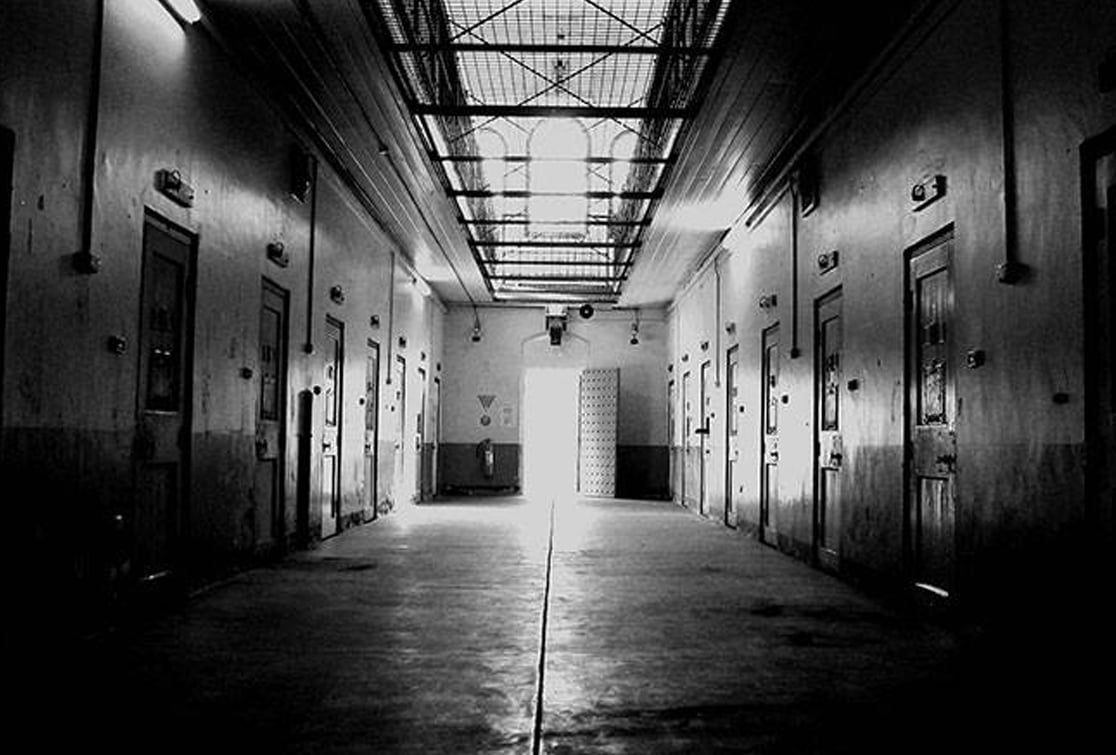
SNHR has published its monthly report documenting the arbitrary arrests by the conflict parties in Syria for the month of February.
The report asserts that SNHR abides by the highest standards for documentation, and notes the challenges that the detention documentation encounters. One of the most notable challenges is the families’ reluctance to cooperate and reveal any information on their family members’ arrest even secretively and especially if the arrested individual was a female due to a prevalent notion among the Syrian society that doing so would result in more torture and risks.
Also, the report notes that the international community’s and the United Nations’, in all of its organs, failure to apply pressure on the Syrian authorities to release even one case, and even prisoners of conscience, was one of the reasons the Syrian society believe it is useless to cooperate in the documentation process. Most of the releases were part of exchange deals with the armed opposition.
Furthermore, the report says that SNHR possesses lists of more than 117,000 detainees, including children and women, it should be noted that we estimate that the actual number of detainees have exceeded 215,000; 99% of them are being detained mainly by Syrian regime forces, which the Syrian regime denies that it made any arrests or executed any abductions when asked by the detainees’ families.
The report highlights the mounting number of arrests which were, according to the report, due to many reasons such as the fact that many arrested individuals weren’t arrested because of a crime they committed, but because their relatives’ involvement with armed opposition factions or because of their involvement in providing humanitarian aids. Also, most of the arrests are being conducted randomly and involve people who weren’t involved in the popular protests, relief, or even military activity. In addition, there are many government-forces-affiliated entities that are authorized to make arrests, many of these entities make arrests. Also, these entities have its own list of detention centers that are not subject to any judicial supervision. The detainees inside these detention centers are not being treated in accordance with the stated Syrian laws.
The report provided a statists of no less than 791 detainees in February, including 482 detainees by government forces, distributed to 387 men, 66 women, and 29 children.
While, the report recorded 92 detainees by Kurdish Self-management forces, distributed to 81 men, 9 children, and 2 women.
According to the report, armed opposition factions arrested 15 individuals distributed to 12 men and 3 children, while ISIS arrested 181 individuals, distributed to 151 men, 21 children, and 9 women, as for al Nussra Front, 21 individuals were arrested including 7 children.
The report also recorded 329 releases, 221 releases from government forces detention centers, 36 from Kurdish Self-management detention centers, 54 from ISIS detention centers.
And according to the report both al Nussra front and armed opposition factions released 9 individuals.
The report categorized the documented releases by government forces detention centers to 179 releases from civilian and military prisons, and 42 releases from security branches.
The report mentions that there is 183 documented checkpoint, which resulted in seizing freedom, distributed on the governorates mostly in Damascus and Damascus suburbs, while government forces was the leading party for responsibility for raids followed by ISIS.
And the report mentioned a statistic about 369 abductions were SNHR was unable to determine the perpetrating party, while 285 of them occurred in government forces territory.
The report calls on the Security Council to monitor the implementation of the following resolution:
Resolution 2042, adopted on 14 April 2012, Resolution 2043, adopted on 21 April 2012, and Resolution 2139, adopted on 22 February 2014 which states and end to the crime of enforced-disappearance.
Finally, the report asserts that the UN and the international community must uphold their responsibilities with respect to hundreds of thousands of detainees and forcibly-disappeared individuals in Syria.


